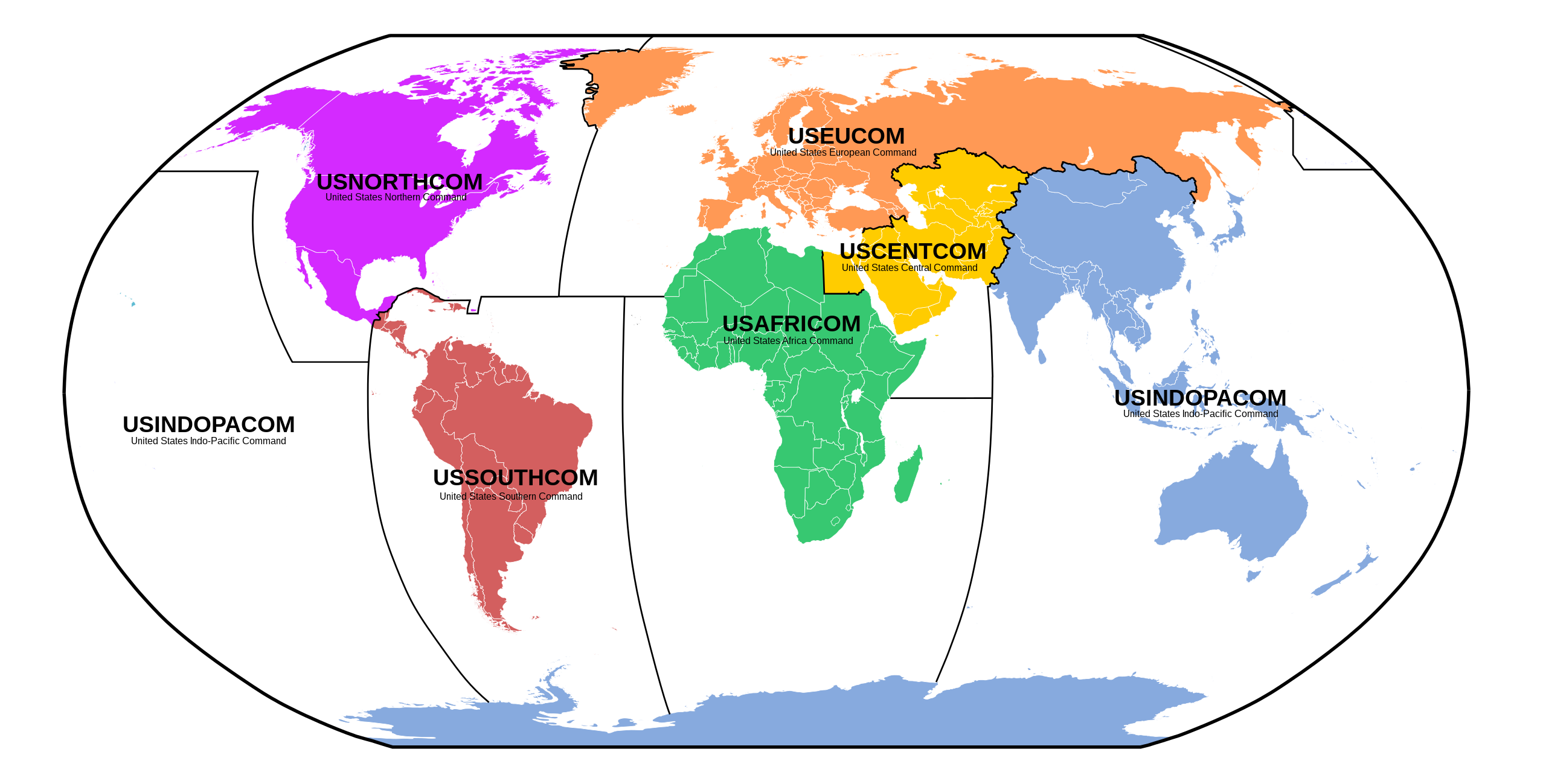- Joined
- Mar 24, 2009
- Messages
- 24,324
- Likes
- 11,757
The US Secretary of Defence, Leon Panetta, may visit India in June to iron out creases in bilateral ties.
The visit will be the first by a high-level official of Pentagon to India after bilateral defence ties came under stress last year following New Delhi's decision to drop two US contenders from the fray of a contract for 126 Medium Multi-Role Combat Aircraft for the Indian Air Force.
Panetta will hold talks with Defence Minister A K Antony. While the dates for his visit are yet to be finalised, sources told Deccan Herald that he might also call on Prime Minister Manmohan Singh during his stay in New Delhi.
Sources said that the discussion between Panetta and Antony might include the pending deals like Logistic Support Agreement (LSA) and Communications Interoperability and Security Memorandum of Agreement (CISMOA) and Basic Exchange and Cooperation Agreement or BECA for geo-spatial ties. They would also discuss pending defence deals and explore ways to boost ties, sources added.
Panetta's meeting with Antony will be followed by India-US strategic dialogue, which will be led by External Affairs Minister S M Krishna and his American counterpart, Secretary of State Hillary Clinton.
India-US defence relation was somewhat strained after New Delhi dropped F-16IN Super Viper of Lockheed Martin and F/A-18 Super Hornet of Boeing from the competition for the US $10.4 billion contract for supplying MMRCAs to the IAF.
A day after New Delhi short-listed Rafale of French Dassault Aviation and Eurofighter Typhoon of a European consortium on April 27, 2011, the then US envoy to India Timothy Roemer announced his resignation. Roemer had earlier stated that if New Delhi picked one of the two US MMRCAs, it could mark the next step in India-America strategic relations.
The Rafale of French Dassault Aviation later won the MMRCA contract.
US records regret
Though Washington put on record its disappointment over New Delhi's decision on the MMRCA deals, the US subsequently moved to ease ties with India and focused on negotiations on other pending defence deals. The armies of the two countries held a joint exercise last month. The annual naval exercise MALABAR was held earlier this month.
Keen to lift bilateral ties out of the shadow of MMRCA setback, India and US on February 21 last had the bilateral Defence Policy Dialogue in New Delhi. Defence Secretary Shashi Kant Sharma and US Acting Under Secretary of Defence for Policy Jim Miller co-chaired the dialogue, which covered defence trade, military-to-military training and exercises as well as technical cooperation.
India and US last Monday held a political-military dialogue after a gap of six years. Joint Secretary (Americas) in the Ministry of External Affairs, Ashraf Javed, led the Indian delegation, while the American side was led by US Assistant Secretary of State for Political-Military Affairs, Andrew Shapiro. Both the delegations had representatives from the Ministry of Defence and US Department of Defence.
http://www.deccanherald.com/content/243409/us-bid-iron-strained-ties.html
The visit will be the first by a high-level official of Pentagon to India after bilateral defence ties came under stress last year following New Delhi's decision to drop two US contenders from the fray of a contract for 126 Medium Multi-Role Combat Aircraft for the Indian Air Force.
Panetta will hold talks with Defence Minister A K Antony. While the dates for his visit are yet to be finalised, sources told Deccan Herald that he might also call on Prime Minister Manmohan Singh during his stay in New Delhi.
Sources said that the discussion between Panetta and Antony might include the pending deals like Logistic Support Agreement (LSA) and Communications Interoperability and Security Memorandum of Agreement (CISMOA) and Basic Exchange and Cooperation Agreement or BECA for geo-spatial ties. They would also discuss pending defence deals and explore ways to boost ties, sources added.
Panetta's meeting with Antony will be followed by India-US strategic dialogue, which will be led by External Affairs Minister S M Krishna and his American counterpart, Secretary of State Hillary Clinton.
India-US defence relation was somewhat strained after New Delhi dropped F-16IN Super Viper of Lockheed Martin and F/A-18 Super Hornet of Boeing from the competition for the US $10.4 billion contract for supplying MMRCAs to the IAF.
A day after New Delhi short-listed Rafale of French Dassault Aviation and Eurofighter Typhoon of a European consortium on April 27, 2011, the then US envoy to India Timothy Roemer announced his resignation. Roemer had earlier stated that if New Delhi picked one of the two US MMRCAs, it could mark the next step in India-America strategic relations.
The Rafale of French Dassault Aviation later won the MMRCA contract.
US records regret
Though Washington put on record its disappointment over New Delhi's decision on the MMRCA deals, the US subsequently moved to ease ties with India and focused on negotiations on other pending defence deals. The armies of the two countries held a joint exercise last month. The annual naval exercise MALABAR was held earlier this month.
Keen to lift bilateral ties out of the shadow of MMRCA setback, India and US on February 21 last had the bilateral Defence Policy Dialogue in New Delhi. Defence Secretary Shashi Kant Sharma and US Acting Under Secretary of Defence for Policy Jim Miller co-chaired the dialogue, which covered defence trade, military-to-military training and exercises as well as technical cooperation.
India and US last Monday held a political-military dialogue after a gap of six years. Joint Secretary (Americas) in the Ministry of External Affairs, Ashraf Javed, led the Indian delegation, while the American side was led by US Assistant Secretary of State for Political-Military Affairs, Andrew Shapiro. Both the delegations had representatives from the Ministry of Defence and US Department of Defence.
http://www.deccanherald.com/content/243409/us-bid-iron-strained-ties.html

